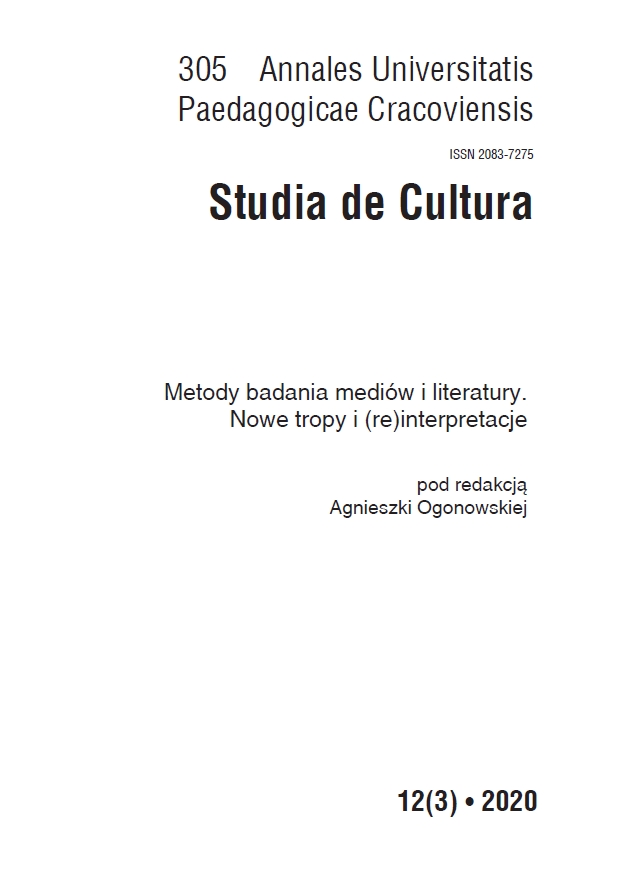Retoryka jako narzędzie badania kiczu
Rhetoric as a tool for investigating kitsch
Author(s): Bożena ŁakotaSubject(s): Social Sciences, Media studies, Communication studies, Theory of Communication
Published by: Wydawnictwo Uniwersytetu Komisji Edukacji Narodowej w Krakowie
Keywords: Adorno; kitsch; rhetorical expression; Perelman; rhetoric of values;
Summary/Abstract: Contemporary expansion of kitsch calls for the answer to the question concerning conditions in which it is possible to decipher kitsch and see the role it plays nowadays. The work concentrates on the rhetoric of kitsch, at the same time emphasising, how important rhetoric is for the reception of contemporary culture.Using the perspective of new aesthetics, suggested by Adorno, who established the decorum of art after Auschwitz, the paper develops the view on kitsch as a parody of katharsis. Implementing a new combination of research findings into rhetoric of values (by Perelman) with Adorno’s insights concerning this category leads to a bold thesis: kitsch is not innocent.Adorno’s pessimistic and melancholic point of view, whose source was the awareness of standardisation of culture industry products, concerned the fight for a personal contact between an individual and a work of art. An aestehtic reception of art became impossible (in his essay, “The Schema of Mass Culture”, Adorno emphasised the logic behind the reaction to a work of art, inscribed in a work as a product, in which the instruction of reception was included). Adorno’s philosophy was firmly based in the performative perspective, a view about the intangibility of research object, disruption of the balance and exposing it. Mass culture became a culture of exhaustion, but Adorno is not an exclusively Cassandric author. Writing about destruction, he included in his works the foundations for the concept linked with the assumptions of the new rhetoric. The paper concentrates on these similarities in order to capture the purposefulness of the rhetorical expression.
Journal: Studia de Cultura
- Issue Year: 12/2020
- Issue No: 3
- Page Range: 111-129
- Page Count: 19
- Language: Polish

